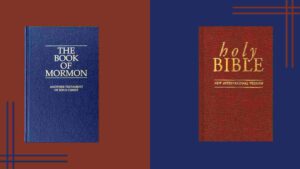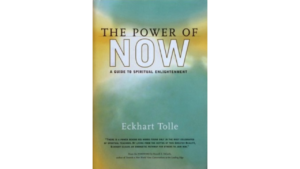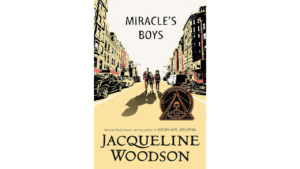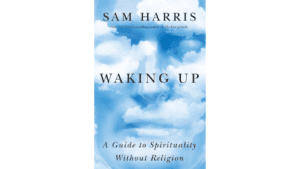Scholars and fans have long been intrigued by the Book of Enoch. A collection of texts attributed to Enoch in the Bible features otherworldly creatures, esoteric wisdom, and apocalyptic images that make up its mystique.
Careful examination reveals, however, that its interpretation must be approached carefully; hence, this article aims to highlight some often ignored facts regarding its source material and provide an overview.
Origin of the Book of Enoch
The Book of Enoch’s origins can be traced back to ancient manuscripts. The most well-known versions are the Ethiopian Enoch (1 Enoch), Slavonic Enoch, and Hebrew Enoch, with the Ethiopian Enoch being the completest and widely studied one attributed to Enoch, the Great-Grandfather Noah, who could walk alongside God before ascending into Heaven.
Scholars generally agree that the Book of Enoch was written over several centuries between the 3rd Century BCE and the 1st Century CE, likely stretching between the 3rd and 1st centuries CE. Its complex history involves many cultural and religious influences, which helped form its composition.
Why Stay Away from the Book of Enoch?
1. Lack of Canonical Status
The Book of Enoch does not fall within any mainstream religion’s canon of religious texts, prompting caution when looking at it. Though mentioned in numerous ancient manuscripts, its theological importance and message should be closely evaluated before drawing any definitive conclusions about its value or influence.
2. Multiple Manuscript Versions & Inconsistencies
There are numerous versions and inconsistencies with this manuscript. Various versions of Enoch’s Book differ significantly, creating difficulty ascertaining its authenticity and reliability. Differences among versions cast doubt over whether changes were introduced through interpolations over time, doubting its reliability.
3. Unknown Author and Date
Date and Authorship of Enoch Book It can be challenging to pinpoint precisely when The Book of Enoch was composed; authorship remains uncertain but was traditionally assumed. It has various religious and cultural influences that impacted its creation and history, influencing it over time.
Pinpointing any exact details surrounding authorship/date can raise serious doubts about its text-form accuracy.
| Also Read: 10 Facts About the Book of Enoch |
4. Impacts of Heterodox Movements
History shows us that throughout its long and complex existence, the Book of Enoch has long been linked with heterodox religious movements and radical fringe groups.
While popular among some Jewish and Christian communities, mainstream religions were generally sceptical of it and saw it as sinful, and non-mainstream groups were suspicious about its potential ideological biases.
5. Apocalyptic Images & the Significance of Natural Matter
The Book of Enoch employs apocalyptic language and vivid images to paint an elaborate portrait of otherworldly beings, cosmic events, and hidden mysteries. Scholars advise reading it as symbolic rather than literal literature because its highly speculative character allows many interpretations; being wary is advised when interpreting historical or theological details from its pages.
6. Lack of Jesus Christ
Noteworthy of the Book of Enoch is its striking lack of direct references to Jesus Christ as one of its key figures within mainstream Christianity. However, unlike the Gospels that form its core belief system, it does not directly mention him or implicitly in its teachings. Readers should carefully evaluate these teachings.
7. Potential Conflicts Between Canonical Scriptures and Text
The Book of Enoch contains discrepancies when compared with the holy scriptures of Judaism or Christianity, offering narratives and concepts that diverge from existing biblical frameworks and cause concern over potential conflict with religious fundamentalism or dangerously opposing concepts that go against mainstream beliefs.
These variations raise serious concerns for their potential conflict with fundamentalist religious views or dangerously proposing counter beliefs to established frameworks in scriptures of Christianity or Judaism.
Final Thoughts
Although the Book of Enoch is an intriguing text from ancient literature, care must be taken due to its lack of canonical standing and multiple manuscript versions authored by unknown individuals.
Furthermore, association with heterodox groups and symbolism without reference to Jesus Christ could pose potential conflicts with canonical Scriptures; accordingly, it should be approached carefully, recognizing its historical and cultural importance and any difficulties understanding its mysterious contents.
Read More…

























